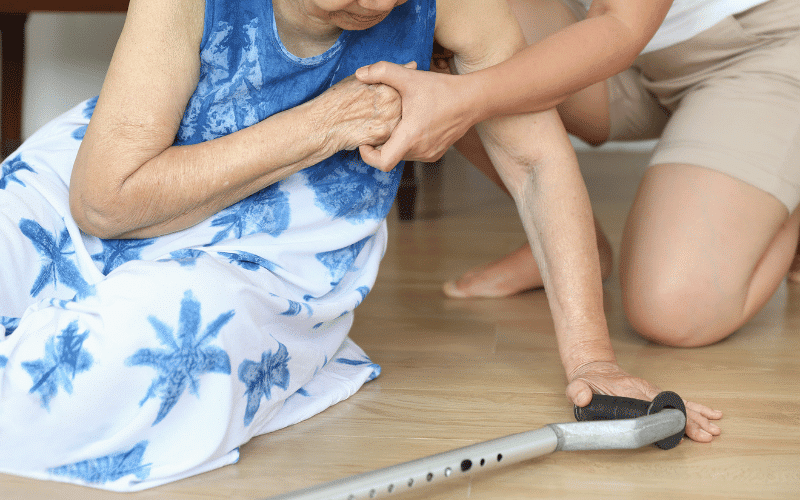Sign 7. Loss of Balance and Coordination – The Sneaky Predicament of ALS

One of the lesser-known symptoms of ALS is the loss of balance and coordination, which can lead to increased falls and difficulty performing fine motor tasks. As ALS affects motor neurons, both those that control voluntary muscle movements and those that help coordinate these movements, it’s not uncommon for individuals to experience issues with balance and coordination.
Initially, individuals might notice a tendency to drop things or fumble with objects. Tasks that require fine motor control, such as buttoning a shirt or using utensils, can become challenging. This can be frustrating and can lead to feelings of clumsiness or ineptitude.
As the disease progresses, individuals might find it increasingly difficult to maintain balance while standing or walking. They might experience unsteady gait, frequent trips, or falls.
In severe cases, these balance and coordination problems can significantly limit mobility and independence, potentially necessitating the use of assistive devices such as canes, walkers, or wheelchairs.
Though balance and coordination issues can be daunting, they can be managed through a variety of strategies, including physical therapy, occupational therapy, and the use of assistive devices. Physical therapists can help individuals maintain strength and flexibility as much as possible, which can aid balance. Occupational therapists can teach strategies for performing daily tasks in easier ways, and help identify assistive devices that can improve function and safety. (7)